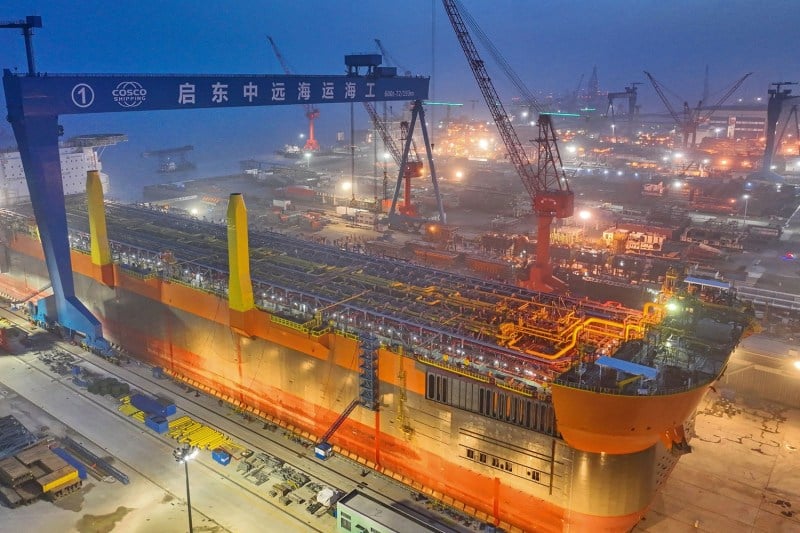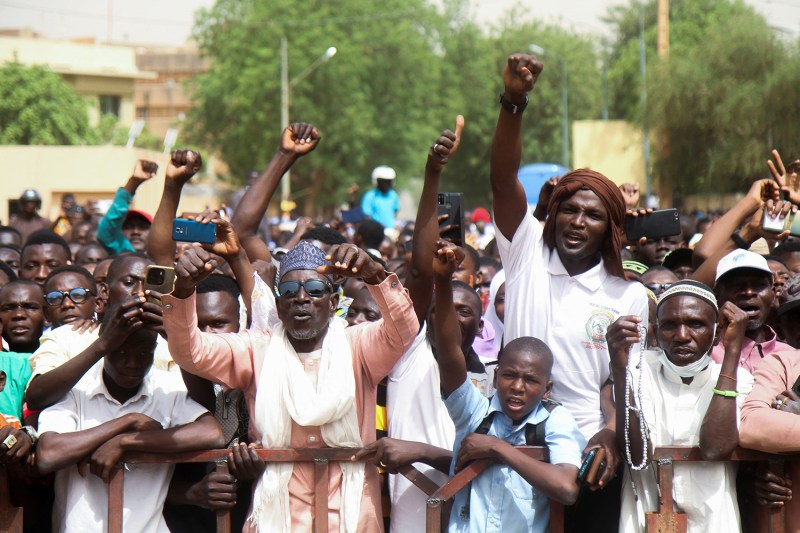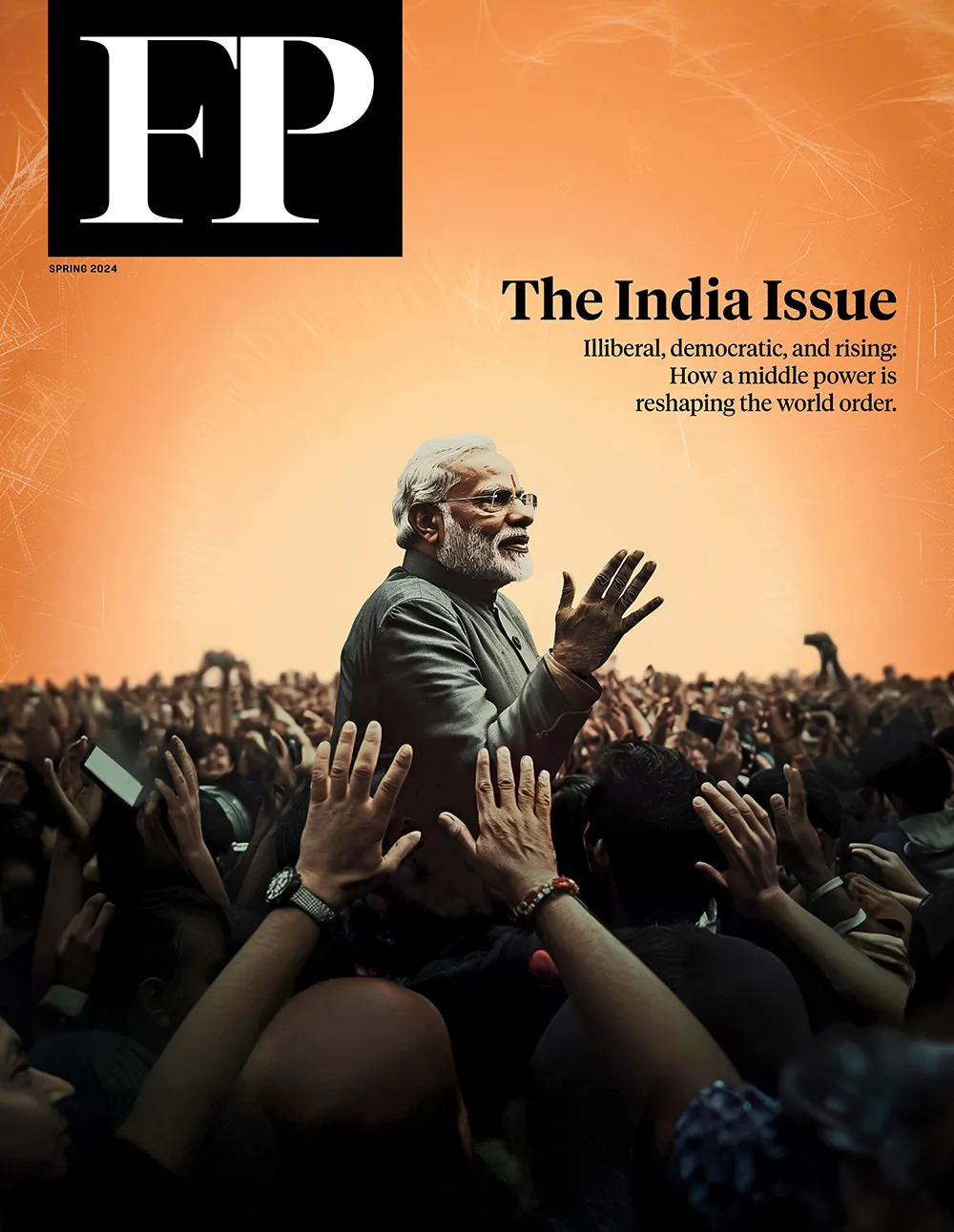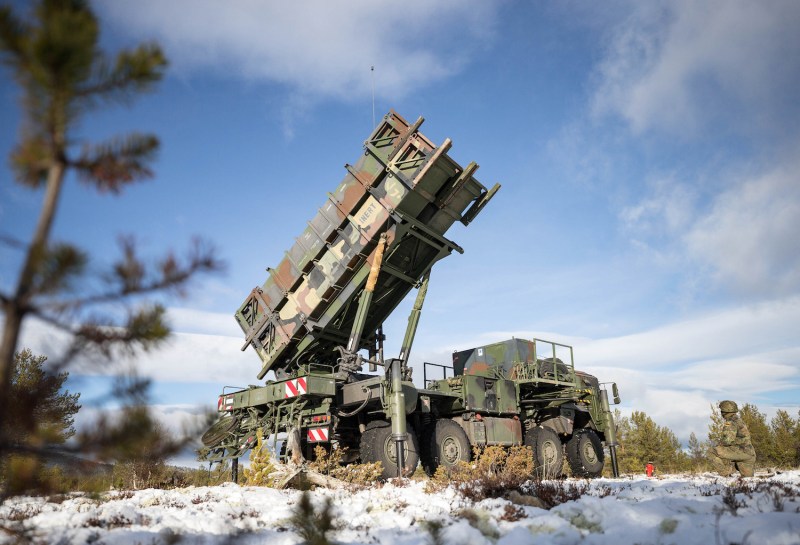U.S., Turkey Take Key Step Toward Patriot Missile Deal
The agreement could remove irritant in relations between NATO and Ankara.
The United States on Tuesday approved a tentative $3.5 billion sale to Turkey of Raytheon’s Patriot surface-to-air missile system, in a potential breakthrough that could pave the way for smoother Turkey-NATO relations after a tumultuous few years.
The United States on Tuesday approved a tentative $3.5 billion sale to Turkey of Raytheon’s Patriot surface-to-air missile system, in a potential breakthrough that could pave the way for smoother Turkey-NATO relations after a tumultuous few years.
The sale would provide Ankara with a NATO-interoperable system for defending Turkish airspace, instead of the Russian S-400 missile system. Turkey had previously announced plans to purchase the S-400 for $2.5 billion, which would mark the first time a NATO member state deploys the sophisticated Russian system.
In response, the United States threatened to block the planned transfer of Lockheed Martin’s F-35 fighter jet to Turkey. U.S. officials were particularly concerned that integration of the S-400 with the F-35 and NATO air defenses could compromise closely guarded U.S. and allied military secrets.
Turkey has not yet committed to the sale nor publicly indicated that it will back away from purchasing the S-400. While the two systems are designed to counter enemy aircraft and incoming ballistic missiles, the S-400 is mobile and has longer range. But Tuesday’s announcement provides Ankara with an alternative to the Russian deal.
The U.S. State Department’s move represents yet another sign of warming relations between Washington and Ankara following Turkey’s release of the American pastor Andrew Brunson in October. Ankara jailed Brunson two years ago in a widespread crackdown that followed a military coup attempt, claiming that he had ties to the plotters. Brunson had lived in Turkey for more than 20 years.
Ankara has also provided Washington with key information in recent weeks about the circumstances surrounding the death of Washington Post journalist Jamal Khashoggi, who was killed inside the Saudi consulate in Istanbul in October.
If finalized, the sale would remove a key irritant in relations between the two countries. The Defense Security Cooperation Agency notified Congress about the State Department’s approval on Tuesday, a key step in the process of sealing a deal.
“This proposed sale will contribute to the foreign policy and national security of the United States by improving the security of a key NATO Ally and contributing to efforts to protect Allies and partners against air and missile threats,” a State Department spokesperson said. “This sale is consistent with U.S. initiatives to provide key allies with modern systems capable of being networked to defend against regional instability.”
Turkey will use the Patriots to improve its air and missile defense capability, defend its territorial integrity, and deter regional threats, the spokesperson added.
The United States and Turkey remain at odds over other issues. Turkish President Recep Tayyip Erdogan has in recent days threatened to launch attacks against U.S.-backed Kurdish forces fighting in Syria, which Turkey says pose a threat to its borders. Erdogan spoke to U.S. President Donald Trump on Monday, but the Turkish leader has not yet ruled out an offensive.
Ankara believes the Syrian Kurdish People’s Protection Units (YPG) militia is affiliated with the Kurdistan Workers’ Party (PKK), a rebel group that has been waging a decades-long insurgency in Turkey. But the United States sees the Syrian Kurdish forces as a crucial ally in the fight against the Islamic State in Syria.
Washington has eased sanctions on Ankara—imposed earlier this year over the detention of Brunson—but the Turkish economy remains fragile.
Lara Seligman was a staff writer at Foreign Policy from 2018-2020. Twitter: @laraseligman
More from Foreign Policy

Arab Countries Have Israel’s Back—for Their Own Sake
Last weekend’s security cooperation in the Middle East doesn’t indicate a new future for the region.

Forget About Chips—China Is Coming for Ships
Beijing’s grab for hegemony in a critical sector follows a familiar playbook.

‘The Regime’ Misunderstands Autocracy
HBO’s new miniseries displays an undeniably American nonchalance toward power.

Washington’s Failed Africa Policy Needs a Reset
Instead of trying to put out security fires, U.S. policy should focus on governance and growth.





